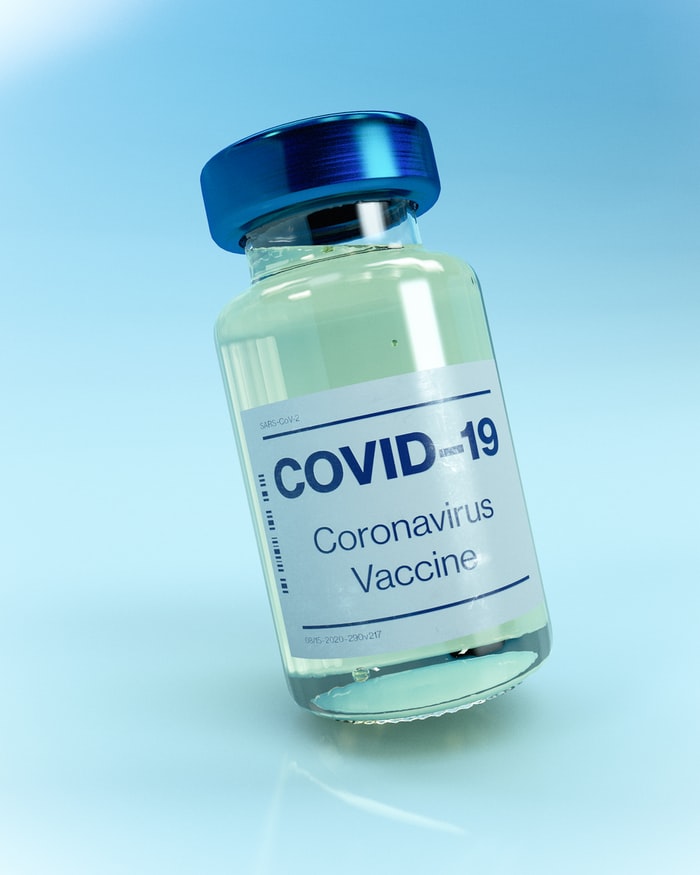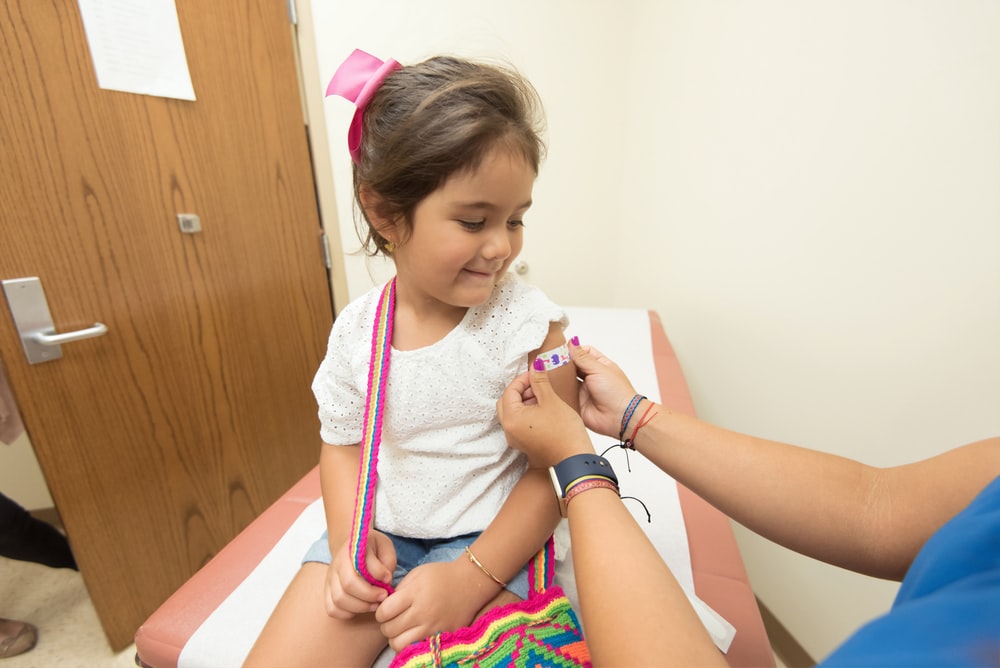SARS-CoV-2 mass vaccination: Urgent questions on vaccine safety that demand answers from international health agencies, regulatory authorities, governments and vaccine developers – Roxana Bruno, Peter A Mccullough, et al (total 57 scientists)

Abstract
Since the start of the COVID-19 outbreak, the race for testing new platforms designed to confer immunity against SARS-CoV-2, has been rampant and unprecedented, leading to conditional emergency authorization of various vaccines. Despite progress on early multidrug therapy for COVID-19 patients, the current mandate is to immunize the world population as quickly as possible. The lack of thorough testing in animals prior to clinical trials, and authorization based on safety data generated during trials that lasted less than 3.5 months, raise questions regarding vaccine safety. The recently identified role of SARS-CoV-2 Spike glycoprotein for inducing endothelial damage characteristic of COVID-19, even in absence of infection, is extremely relevant given that most of the authorized vaccines induce endogenous production of Spike. Given the high rate of occurrence of adverse effects that have been reported to date, as well as the potential for vaccine-driven disease enhancement, Th2-immunopathology, autoimmunity, and immune evasion, there is a need for a better understanding of the benefits and risks of mass vaccination, particularly in groups excluded from clinical trials. Despite calls for caution, the risks of SARS-CoV-2 vaccination have been minimized or ignored by health organizations and government authorities. As for any investigational biomedical program, data safety monitoring boards (DSMB) and event adjudication committees (EAC), should be enacting risk mitigation. If DSMBs and EACs do not do so, we will call for a pause in mass vaccination. If DSMBs and EACs do not exist, then vaccination should be halted immediately, in particular for demographic groups at highest risk of vaccine-associated death or serious adverse effects, during such time as it takes to assemble these boards and commence critical and independent assessments. We urge for pluralistic dialogue in the context of health policies, emphasizing critical questions that require urgent answers, particularly if we wish to avoid a global erosion of public confidence in science and public health.




